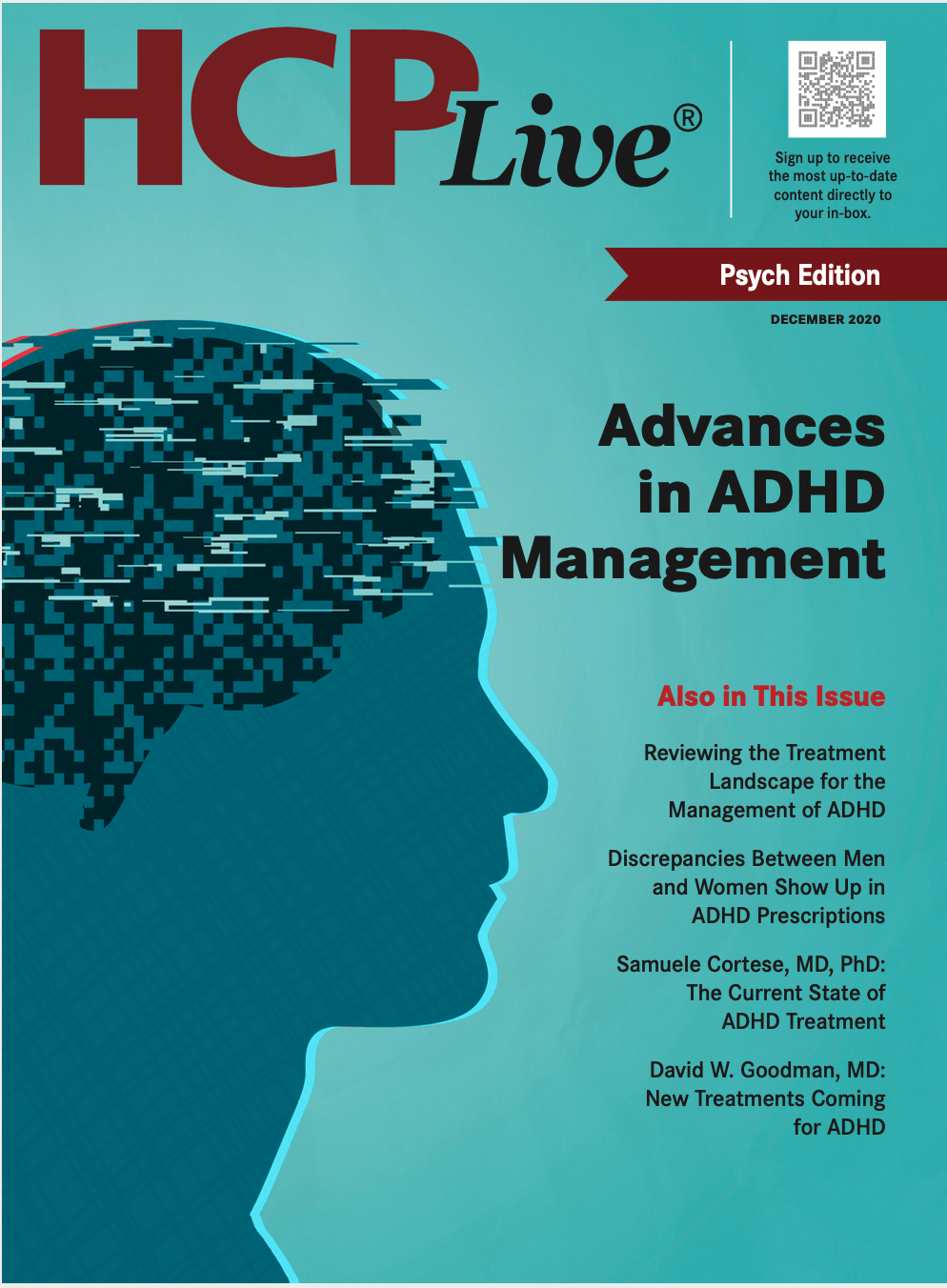ADHD and Autism Linked to Increased Hospital Stays in Early Childhood
ADHD is associated with increased procedures, including blood transfusions, hospital admissions, and emergency department visits.
Matthew M. Engelhard

While children with autism spectrum disorder (ASD) or attention deficit/hyperactivity disorder (ADHD) have 2-3 times increased healthcare utilization and annual costs, not much is known about the patient utilization patterns early in life.
A team, led by Matthew M. Engelhard, Department of Psychiatry and Behavioral Sciences, Duke University School of Medicine, quantified the early health system utilization to identify condition-specific health trajectories to facilitate earlier detection and intervention.
In the study, the investigators examined 29,929 patients born between October 1, 2006 and October 1, 2016 with at least 2 well-child visits within the Duke University Health System before the age of 1. Each child was grouped as either ASD (n = 343), ADHD (n = 1175), ASD + ADHD (n = 140), or no diagnosis using retrospective billing codes.
The investigators added an additional comparison group defined by a later upper respiratory infection diagnosis.
In the analysis, the researchers compared adjusted odds ratios (AOR) for hospital admissions, procedures, emergency department visits, and outpatient clinic encounters before age 1 between groups using logistic regression models.
The team also compared length of hospital encounters between groups using the Mann-Whitney U test.
Overall, ASD was linked to increased procedures (AOR, 1.5; P <0.001), including intubation and ventilation (AOR, 2.4; P <0.001), as well as outpatient services including intubation and ventilation (AOR, 3.5; P <0.001) and ophthalmology (AOR, 3.1; P <0.001).
ADHD was also associated with increased procedures (AOR, 1.41; P <0.001) including blood transfusions (AOR, 4.7, P <0.001), hospital admissions (AOR, 1.60; P <0.001), and emergency department visits (AOR, 1.58; P <0.001).
The median length of stay increased after both in the ASD group (+6.5 h; P <0.001) and ADHD group (+3.8 h; P <0.001). This was also found in after non-birth admission in the ADHD (+ 1.1 d, P <0.001) and ASD + ADHD (+ 2.4 d; P = 0.003) arms.
“ASD and ADHD are associated with increased health system utilization in the first year of life, prior to diagnosis,” the authors wrote. “Moreover, the two disorders are associated with distinct patterns of early health interactions that could be monitored through the EHR to stratify patients’ risk of developing ASD and ADHD.”
The researchers want to focus feature research on developing predictive models that could be deployed within a health system that would inform provider decision-making, making it possible for earlier diagnosis and treatment.
According to the study, ASD impacts approximately 1.5% of children in the US, while ADHD affects 11%. However, ADHD symptoms are present in approximately 40-60% of ASD patients and both disorders lead to significantly higher rates of healthcare utilization, with considerable financial burdens placed on individuals and families.
Overall, the rates of hospitalization and outpatient clinic visits among children with ASD are about twice of an average child.
The study, “Health system utilization before age 1 among children later diagnosed with autism or ADHD,” was published online in Scientific Reports.
